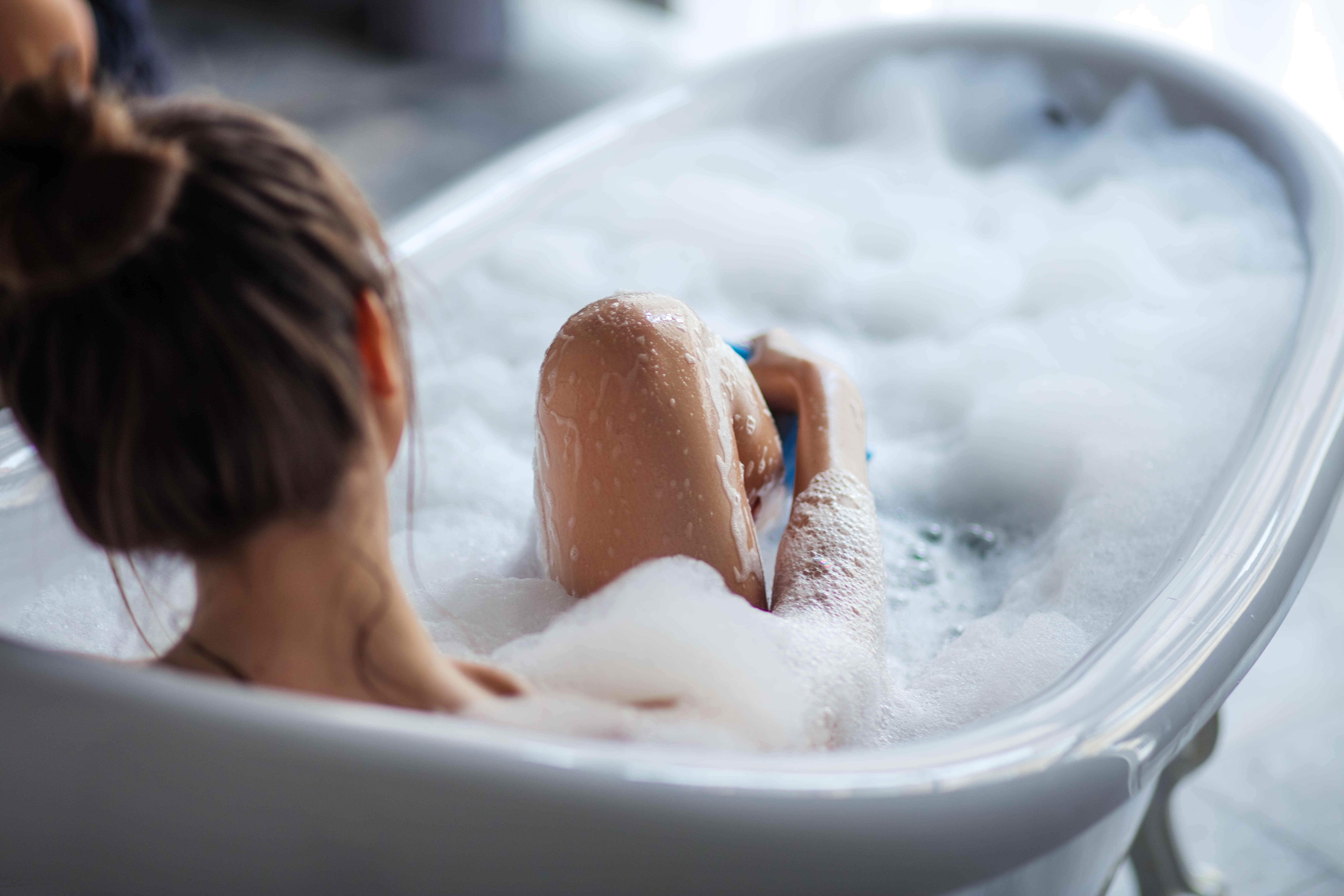
Winter and spring change seasons, and the weather is cold and hot.
Just thought spring was coming and I could change into light clothes and short sleeves. I turned around and was slapped on my face by the cold ice rain.
In such seasons, people with sensitive skin are prone to face flushing, peeling, red blood streaks and other problems.
Many friends feel very wronged: I wear masks when I go out, wash my face frequently every day, and eat carefully.
Everything that can be done has been done. Why is the skin still sensitive?
The problem may be that you have done too much.
If you don’t believe me, look at the following knowledge points. Did you recite them wrong before?
Don’t always wear masks
Many people wear masks when going out. Sometimes it is to prevent allergy to pollen and catkins, and sometimes it is to avoid infectious diseases in crowded places.
There is nothing wrong with wearing a mask, but wearing it incorrectly may backfire and cause skin sensitivity.
The following two points should be paid attention to when wearing masks correctly:
1. Use only disposable masks for whatever purpose
2. When the mask becomes moist, replace it immediately.
After the mask is wetted by breathing, it will not only fail to isolate, but will absorb a large number of bacteria and viruses.
Therefore, in dry areas, masks should be changed at least once an hour, while in the humid south, masks should be changed every half hour.
Some young people will wear masks to cover their faces and be handsome. The [dust mask] commonly used in this situation is one of the important suspects causing skin sensitivity.
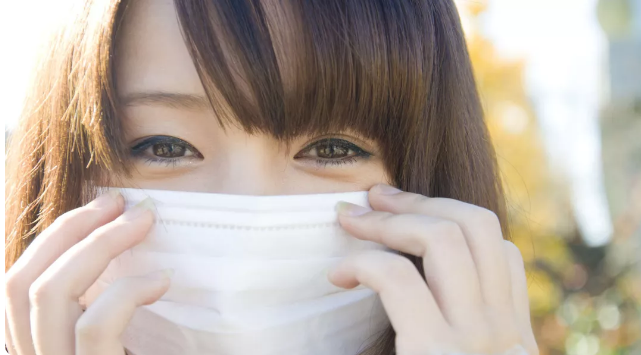
First of all, it often takes hours or even a whole day to take off the mask after wearing it. Dust, bacteria and viruses settle on warm and humid masks, which directly irritate facial skin, not to mention how convenient it is.
Secondly, this kind of mask is often used repeatedly. People who like to wear it often make laziness, not to mention disinfection when taking off the mask, what’s more, they don’t even wash it.
Wearing a mask like this is like covering your face with a dirty rag, and your skin will not be wronged at all when it becomes sensitive.
Don’t be too clean
Washing your face in the wrong way may also cause skin sensitivity.
Our skin has a skin barrier responsible for [self-defense], which includes the skin’s topmost layer of keratinocytes and a layer of sebum membrane covering the outer layer of the cuticle.
The skin barrier can maintain the moisture level of the skin and resist external stimuli and microorganisms. When it is damaged, skin sensitivity problems often follow.
Damage to the skin barrier does not need to rub marks on the skin to cut the outlet.
Just wash your face hard.
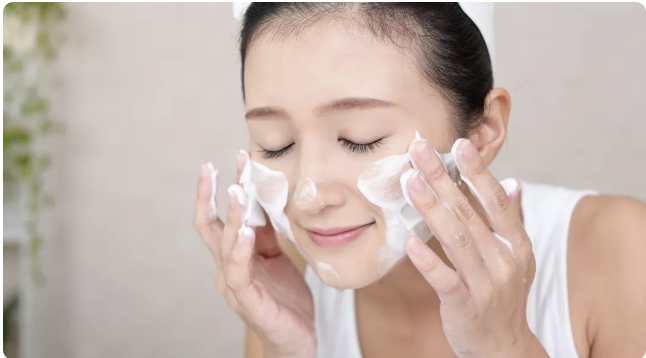
Washing the face twice a day with soap-based cleansing products with pH 10.2 will obviously reduce the thickness of keratinocytes and cause a large loss of intercellular lipid.
Even if mild amino acid cleansing products are used, washing too often will cause certain irritation to the skin.
Therefore, people with sensitive skin should decide whether to use cleansing products or not according to their skin condition.
If you want to use it, when choosing cleansing products, try to choose those neutral or weakly acidic cleansing products (pH is between about 5.5 and 7) that do not have soap-based surfactant and are added with emollient or moisturizer.
This not only meets the cleaning requirements, but also protects the sebum membrane and avoids water loss.
Go to work without makeup
People with sensitive skin, don’t wear heavy makeup.
Although makeup is not an absolute taboo for sensitive skin, it does increase the burden on skin.
Mineral powder in cosmetics may clog pores, and chemical synthetics in cosmetics may also bring greater irritation. The risk of allergy in people with sensitive skin is higher than that in normal skin, so it is not cost-effective to take this risk.
When skin sensitive problems occur, it is recommended to do only basic skin care and sun protection.
If makeup is necessary for work, it is best to wear light makeup only. Use basic makeup and avoid heavy makeup. Choose cosmetics that are easy to clean and simple in composition, and remove makeup and clean face in time after returning home every day.
There is also a detail that is easily overlooked-
Cosmetic brushes, powder puffs, sponge cosmetic eggs, these makeup tools must be cleaned frequently, and stored in special utensils at the same time.
Otherwise, the dust and bacteria contaminated on it will be evenly smeared on your face every day.
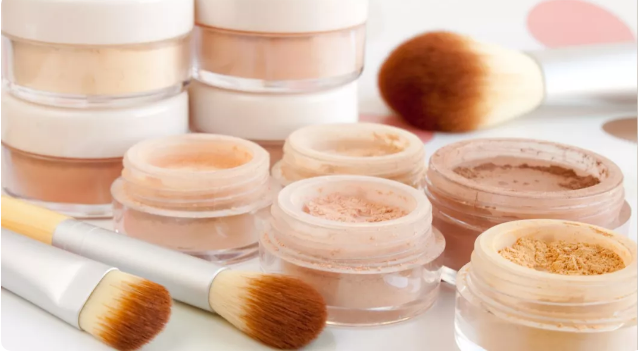
When the skin sensitivity problem is serious, it is sincerely suggested that everyone abandon themselves and go to work without makeup.
This not only reduces the skin burden, but also can sleep for a while.
And then again, is it worth all your colleagues in the office to put on makeup every day?
Don’t always apply facial mask
Mask cannot be applied too much.
The effect of facial mask is mainly to replenish water. Since it is called [tonic], it shows that there is a limit to this matter.
In our epidermis, the water content in the basal layer of the innermost layer exceeds 70%, and the water content in the stratum corneum of the innermost layer is generally 10% ~ 30%. The water content gradually decreases from the inside to the outside, forming a natural gradient.
Frequent use of facial masks is the opposite.
If you apply the mask every day and for more than 15 minutes each time, it is easy to make the skin fall into a state of [excessive hydration].
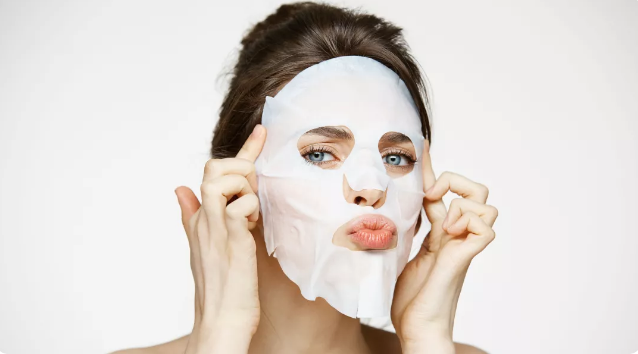
Under the condition of excessive hydration, the skin will reduce the synthesis of natural moisturizing factors and greatly reduce its water retention capacity.
After the moisture in the facial mask volatilizes, the skin can no longer retain the original moisture, thus becoming easier to dry and peel than before, and being easily stimulated to produce erythema and dermatitis.
Therefore, even if there is a mine in the home, the facial mask cannot be applied every day.
Not if you don’t accept your fate.
People sometimes have to accept their fate. This is especially true in the case of skin sensitivity.
Say it out and you may not believe it. Skin sensitivity is a natural attribute of us Asians.
According to existing research, Asians are inherently more prone to skin sensitivity than Caucasians in Europe and America. Because Asians have a higher baseline level of TEWL (transdermal moisture loss).
In vernacular terms, compared with Caucasians, our skin is inherently prone to loss of moisture and becomes sensitive.
Recognizing the facts is the only way to solve the problem. If skin sensitivity really occurs, please accept the fate of this Asian.
Don’t mess around, pay attention to the selection of targeted products in daily basic skin care, take careful care, and avoid skin irritation as much as possible.
